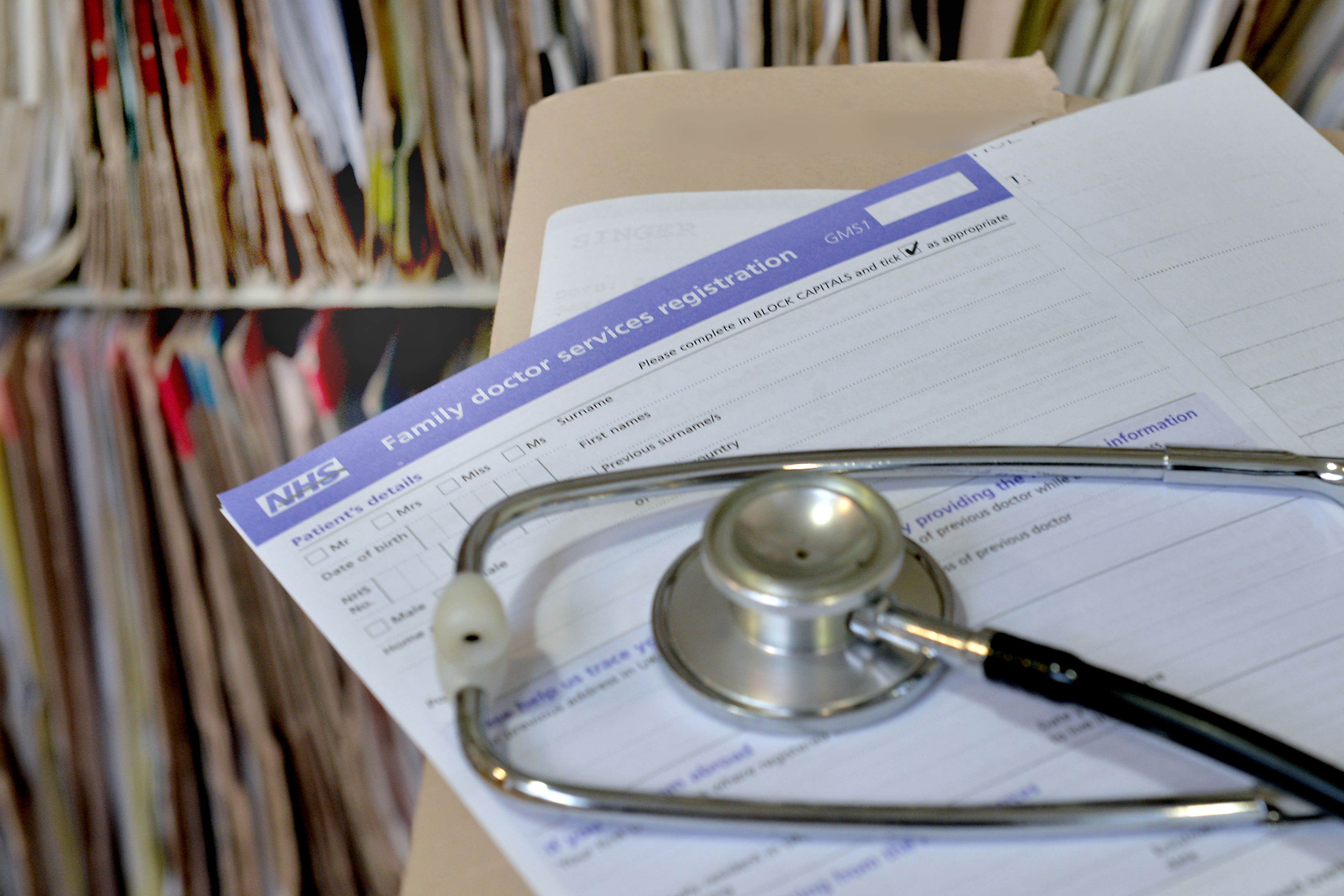Labour vows to end ‘postcode lottery’ for GP appointments
Patients in some areas struggle to see their preferred doctor face-to-face, the party said.

Your support helps us to tell the story
From reproductive rights to climate change to Big Tech, The Independent is on the ground when the story is developing. Whether it's investigating the financials of Elon Musk's pro-Trump PAC or producing our latest documentary, 'The A Word', which shines a light on the American women fighting for reproductive rights, we know how important it is to parse out the facts from the messaging.
At such a critical moment in US history, we need reporters on the ground. Your donation allows us to keep sending journalists to speak to both sides of the story.
The Independent is trusted by Americans across the entire political spectrum. And unlike many other quality news outlets, we choose not to lock Americans out of our reporting and analysis with paywalls. We believe quality journalism should be available to everyone, paid for by those who can afford it.
Your support makes all the difference.Up to three in four patients in some parts of England are unable to see the GP of their choice, Labour said as it vowed to end the “postcode lottery” for appointments.
In some areas only 50% of appointments are face-to-face, according to the party’s analysis of NHS England’s latest GP appointment and GP Patient Survey data, as well as Office for National Statistics figures.
As Labour turns its focus to GP waiting times in its campaign for the May local elections, it is highlighting its pledge to double the number of doctors trained each year, from 7,500 to 15,000.
Patients are finding it impossible to get an appointment at all, let alone with the doctor they want, in the manner they choose
The party would guarantee patients who want them face-to-face appointments if it wins the next general election.
Labour also said it would bring back the family doctor, pointing to an NHS review that found seeing the same GP consistently benefits patients and helps doctors detect serious illness earlier.
But 77% of patients in Fenland, 75% in Gosport, and 74% in Solihull see or speak to their preferred GP “some of the time or almost never”, according to the research.
Nearly 40% of people across England said they were only offered a telephone consultation when they wanted an in-person appointment.
In areas including Slough, Hastings and Eden, only around half of appointments were face-to-face in February.
That is compared to four in five in Fareham and the Forest of Dean, and almost all in the City of London, which had the highest proportion of in-person appointments.
In all, 72% of appointments across England were face-to-face in February, compared to 85% in the same month in 2020 before the pandemic.
The longest waits for a GP appointment were in Chesterfield, where 11% of patients waited for more than a month, almost ten times as many as in Coventry.
Shadow health secretary Wes Streeting said: “It’s much better for patients to see the GP who knows their medical history, face-to-face if they wish.
“But patients are finding it impossible to get an appointment at all, let alone with the doctor they want, in the manner they choose.
“It’s no surprise given the Conservatives have cut 2,000 GPs since 2015.
“Labour will train 15,000 doctors a year, paid for by abolishing the non-dom tax status, so patients are seen on time again.
“We will bring back the family doctor and give patients choice over their care.”
Mr Streeting will set out Labour’s plans to shake up the NHS in a speech later in the week.
Sir Keir Starmer will highlight the falling numbers of GPs under the Tories during a visit on Monday, as his party hopes to snap up votes in next month’s local elections.
Conservative Party chairman Greg Hands said: “As always Labour’s plans are unfunded.
“Labour already voted to put NHS doctors and GPs into early retirement, our plan keeps doctors on the frontline to cut waiting lists.
“The Conservatives have delivered over 38,000 more doctors and are on track to get 50,000 more nurses into the NHS by 2024 so the NHS is there for you.”